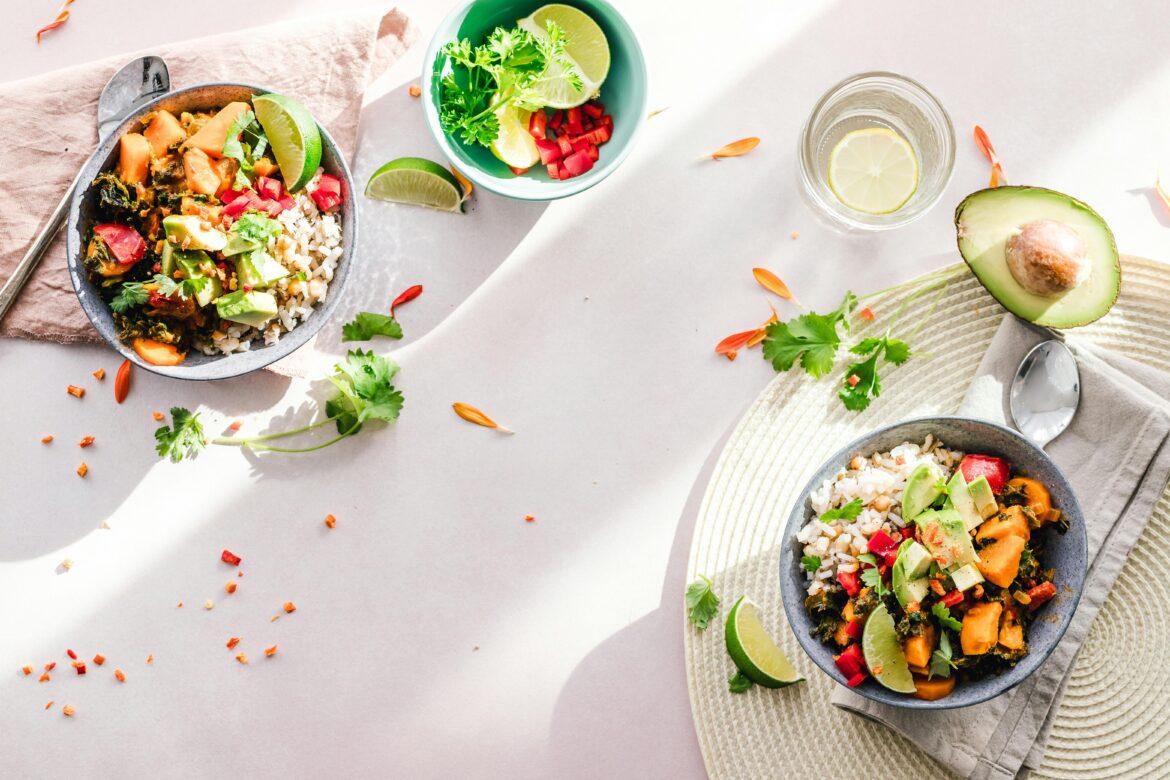Living on a tight budget in the UK is not a hypothetical scenario for millions—it’s a daily reality. Whether you’re on Universal Credit, between jobs, or simply trying to make ends meet with soaring food costs, stretching £20 to feed yourself for an entire week is a challenge many face. But with some smart planning, resourceful shopping, and kitchen creativity, it’s possible to eat well—even on a limited budget.
This guide isn’t theoretical. It’s based on real meal plans, 2025 prices, and what low-income families across the UK are actually doing to feed themselves without sacrificing health or dignity.
Summary
This guide offers a full breakdown of how to survive on £20 for food over a week in the UK in 2025. With rising grocery prices, energy bills, and rent costs, budgeting for meals has never been more critical. This article provides clear strategies, a sample 7-day plan, shopping list, tips to avoid food waste, and access to support resources like food banks. Whether you’re budgeting by choice or necessity, this is a realistic, actionable plan for navigating the UK’s cost-of-living crisis.
Understanding the Challenge
In early 2025, UK food inflation still hovers around 6.4%, even after peaking above 12% in previous years. For low-income households, this means basic groceries have become harder to afford. A standard weekly shop that once cost £18 may now exceed £25.
Stretching £20 means sticking to simple, nutritious foods, buying strategically, cooking from scratch, and avoiding waste. It also means doing without luxuries like takeaways, branded items, or processed snacks.
What Does £20 Really Buy in 2025?
Here’s what £20 might get you at UK budget supermarkets like Aldi, Lidl, or Asda (prices based on averages from July 2025):
- 1kg rice – £1.25
- 1kg pasta – £1.20
- 1kg porridge oats – £1.10
- 1 loaf wholemeal bread – £0.75
- 6 eggs – £1.45
- 1.5L milk – £1.35
- 400g frozen mixed veg – £1.00
- 500g dry lentils – £1.65
- 1 jar pasta sauce – £0.95
- 400g tin chopped tomatoes – £0.50
- 400g tin baked beans – £0.55
- 4 bananas – £0.80
- 3 apples – £1.00
- 1 block cheddar (200g) – £1.75
- Margarine (500g) – £1.15
- 1 pack tea bags (40) – £0.95
Total: £19.45
(Prices vary regionally; shopping yellow sticker or clearance items can stretch this further.)
7-Day Budget Meal Plan (One Person)
Day 1 – Beans and Toast / Pasta Veg Bake
- Breakfast: Porridge with a sliced banana
- Lunch: Baked beans on wholemeal toast
- Dinner: Pasta, chopped tomatoes, frozen veg, cheese on top (bake style)
Day 2 – Egg Sandwiches / Lentil Stew
- Breakfast: 2 eggs scrambled on toast
- Lunch: Egg sandwich + apple
- Dinner: Lentils, veg, tomato stew over rice
Day 3 – Overnight Oats / Veg Stir-Fry
- Breakfast: Overnight oats with banana
- Lunch: Leftover stew
- Dinner: Veg stir-fry with rice and scrambled egg
Day 4 – Toast & Jam / Pasta Soup
- Breakfast: Toast + margarine + jam (if budget allows)
- Lunch: Pasta and tomato-based soup (leftover pasta, lentils, veg)
- Dinner: Omelette with cheese and veg
Day 5 – Apple Oats / Lentil Curry
- Breakfast: Porridge with chopped apple
- Lunch: Cheese sandwich, banana
- Dinner: Lentil curry with rice
Day 6 – Egg Toast / Pasta Bake
- Breakfast: Boiled egg + toast
- Lunch: Leftover curry
- Dinner: Pasta bake with cheese and frozen veg
Day 7 – Tea & Toast / Mix-and-Match Leftovers
- Breakfast: Tea and toast
- Lunch: Soup or leftover veg dish
- Dinner: End-of-week leftovers
Practical Tips to Stretch Your Grocery Budget
Cook in Batches
Making meals in bulk reduces energy costs and saves time. Stews, curries, and pasta dishes can last 2–3 meals.
Use Every Part
Don’t discard veg stalks or peels; use them in soups. Bread ends make great toast or breadcrumbs.
Time Your Shopping
Shop just before store closing for markdowns on fresh produce and bakery items.
Freeze What You Can
If something’s near its expiry, freeze it—especially bread, cheese, and milk (in small portions).
Avoid “Meal Deal” Temptation
That £3.50 could be a full day’s worth of food. Stick to your shopping list.
Real-Life Example: Chloe from Hull
Chloe, a single mother of two, lives in Hull and survives on Universal Credit and part-time cleaning jobs. With a strict £40 weekly food budget, she allocates £20 for her children’s essentials and £20 for her own food. Her survival tactics include:
- Prepping porridge jars for the week
- Using Lidl’s “Too Good To Go” bags for discounted mystery food
- Cooking large batches of rice and lentil stew every Sunday
Chloe says: “It’s not glamorous, but it’s healthy and filling. I’ve learned to make lentils taste like anything with the right seasoning.”
Latest UK Trends in Budget Eating (2025)
- Community Fridges & Food Hubs: More councils are hosting free food fridges with surplus donations from supermarkets.
- “Too Good To Go” & “Olio” App Growth: Millions of users now grab near-expiry food from neighbours or businesses for as little as £2.
- Air Fryers & Energy-Saving Cooking: One-pot meals and low-energy cooking methods are being embraced to reduce costs.
- Zero-Waste Kitchens: Meal planning to eliminate binning leftovers is now widely practiced, with TikTok communities sharing creative recipes.
Where to Get Help if £20 Isn’t Enough
- Trussell Trust Foodbanks: Offer 3-day emergency food parcels with vouchers. Find a local foodbank
- Citizens Advice: Can connect you to local hardship funds or fuel grants.
- Local Councils: Most have crisis support schemes.
- Community Pantries: Pay £5 for around £15–£20 worth of groceries.
Frequently Asked Questions
Is it really possible to survive on £20/week in the UK in 2025?
Yes, but it requires planning, discipline, and some compromise on food variety and quality.
Where can I find discounted groceries regularly?
Check Lidl, Aldi, Asda, and Iceland for clearance and yellow sticker items. Apps like Too Good To Go are also useful.
Can I eat healthy on £20 a week?
Yes, with whole grains, lentils, frozen veg, and eggs, you can get enough protein, fibre, and nutrients.
What if I need to feed a family of four?
Multiply this strategy carefully. You may need £50–£60 for a family using similar plans, bulk cooking, and food support where needed.
Are food banks only for people on benefits?
No, foodbanks don’t require benefit status but usually ask for a referral from Citizens Advice, a school, or GP.
Final Thoughts
Stretching £20 to feed yourself for a full week in the UK isn’t easy—but it’s doable. In the midst of a cost-of-living crisis, what matters most is being equipped with a plan, having access to support, and staying mentally strong through the tough weeks.
Food should be a right, not a privilege. Until that becomes a reality for all, guides like this help bridge the gap—one meal, one pound, one week at a time.
Internal Links to Related Reads
- Best Cashback & Rewards Apps UK Residents Actually Use in 2025
Discover top money-saving apps - Council Tax Discounts & Rebates You Might Be Missing in 2025
See who qualifies for support - Living on Universal Credit: What Life Looks Like in 2025
Full guide to budgeting on UC - Surviving the Weekly Shop: Budget Supermarket Comparison 2025
Compare Aldi, Lidl, and Asda - How UK Parents Are Budgeting for Back-to-School in 2025
Tips for saving on school supplies
Resources & References
- Trussell Trust UK
- Too Good To Go App
- Citizens Advice – Food Crisis Help
- Olio Food Sharing App
- Office for National Statistics – Food Inflation
Disclaimer
This article is for informational purposes only and does not constitute financial, nutritional, or legal advice. Prices and availability of food items may vary by region and store. For personal assistance, contact a local food charity or your council.



